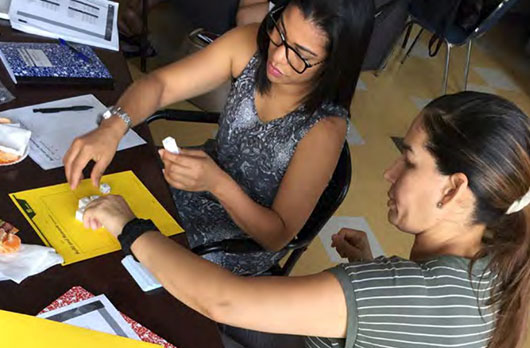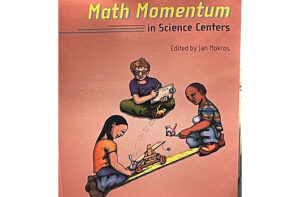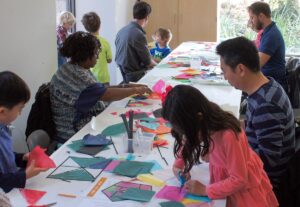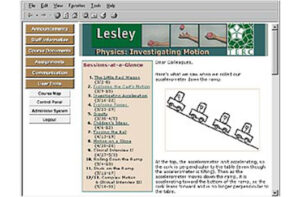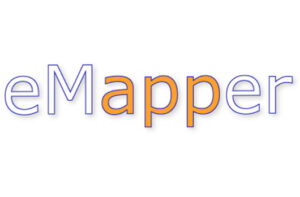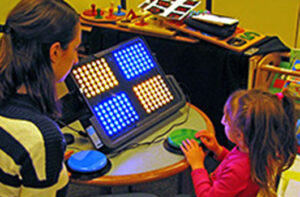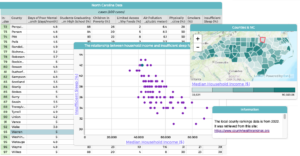Pathways for Paraeducators
Judy Storeygard and Karen Mutch-Jones
Storeygard, Judy, and Karen Mutch-Jones. “Pathway for Paraeducators.” The Learning Professional, Dec. 2020.
BOSTON PROJECT FOSTERS GROWTH OF PARAEDUCATORS IN MATH CLASSROOMS
“Before, I couldn’t stand math. But I like this program. Last year, I taught the whole unit of math because that’s how empowered I was. [I am] confident and ready to do it. Now I love it!”
This statement of confidence by a paraeducator came after her participation in Doing the Math With Paraeducators: A Research and Development Project. Funded by the National Science Foundation (NSF DRL-1621151), the project was designed to provide experiences to support professional growth by building paraeducator mathematical knowledge for teaching and leadership in Boston Public Schools.
Paraeducators can play an important role in schools by supporting, complementing, and extending the work of classroom teachers. They have unique assets to share and are more likely to reflect student demographics than teachers. For example, in Boston, 86% of students are nonwhite; 71% of paraeducators are also nonwhite, compared with only 38% of teachers.
Furthermore, paraeducators often live in and establish close ties with the communities where they teach, making them well-suited to make connections among staff, students, and families and include strategies and examples in their teaching that reflect their students’ lives and cultures (Rader & Pennell, 2019; Ernst-Slavit & Wenger, 2018).

Related People:
Judy Storeygard and Karen Mutch-Jones

